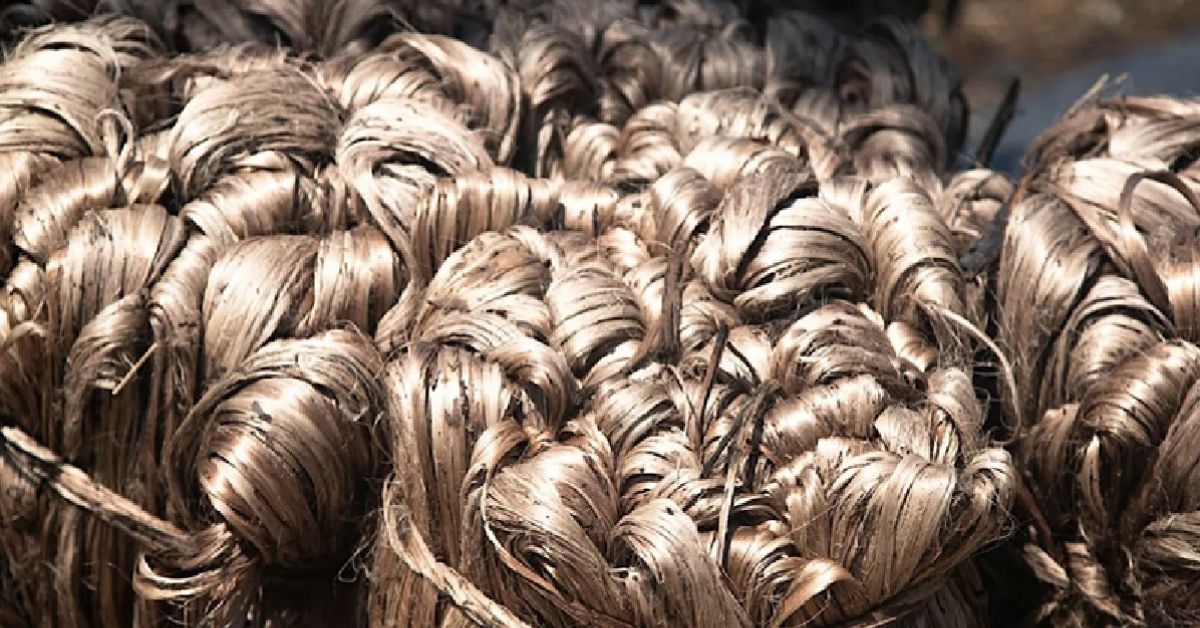India has announced fresh restrictions on jute imports from Bangladesh, banning the movement of certain products through land-based trade routes with immediate effect. The Directorate General of Foreign Trade (DGFT) said that imports of bleached and unbleached woven jute fabrics, twine, cordage, rope, jute cables, and jute sacks and bags will now be permitted only via the Nhava Sheva Seaport (JNPT) in Navi Mumbai, Maharashtra.
This move follows a series of trade measures taken earlier this year. In May, India limited the entry of Bangladeshi ready-made garments to Kolkata, effectively closing land borders—a step widely seen as retaliatory after Bangladesh restricted Indian exports. In June, New Delhi further tightened controls on jute imports. Bangladesh responded by halting yarn imports from India through five major land ports, including Benapole and Bhomra.
India’s imports of jute products from Bangladesh totalled ₹1,727.72 crore in FY24, according to the National Jute Board. Anti-dumping duties have been in place since 2017 on jute yarn, twine, sacking bags, and hessian fabric, but raw jute has remained exempt—leading to steady growth in its imports. In FY23, raw jute imports rose 19% year-on-year in value to ₹5,359 million.
Despite earlier duties, imports have remained strong, climbing from $117 million in FY22 to $144 million in FY24. This influx has depressed domestic jute prices to below ₹5,000 per quintal in FY25, undercutting the Minimum Support Price (₹5,335 per quintal) and causing distress in the domestic industry. Six jute mills have shut down, with pending dues of around ₹1,400 crore.
Towards the end of last year, India initiated a countervailing duty investigation into jute imports from Bangladesh following a petition from the Indian Jute Mills Association (IJMA).









